The Rewire Hines Award for Early Career Research
The Rewire Hines Award for ‘Early Career Research’ is an annual award that targets students who work in the field of neuroscience or neuropsychology. These students are early career researchers (ECRs) within the Melbourne School of Psychological Sciences (MSPS) at Melbourne University. Students that are ECRs have been identified by the School as a priority for financial support and mentoring. Their immediate postdoctoral years are critical for career success but challenging in view of limited research funding and precarious employment.
 The award includes an annual cash prize of $1,000 to support a career development activity (e.g., conference travel, research participant payment, training course). The award supplements the recently inaugurated “Friends of Psychology” awards, which support career development activities for ECRs, and the new “John Trinder Early Career Research Award in cognitive and behavioural neuroscience” and “Margot Prior Early Career Research Award in clinical science”, each of which recognises the best publication by an ECR in the respective fields
The award includes an annual cash prize of $1,000 to support a career development activity (e.g., conference travel, research participant payment, training course). The award supplements the recently inaugurated “Friends of Psychology” awards, which support career development activities for ECRs, and the new “John Trinder Early Career Research Award in cognitive and behavioural neuroscience” and “Margot Prior Early Career Research Award in clinical science”, each of which recognises the best publication by an ECR in the respective fields
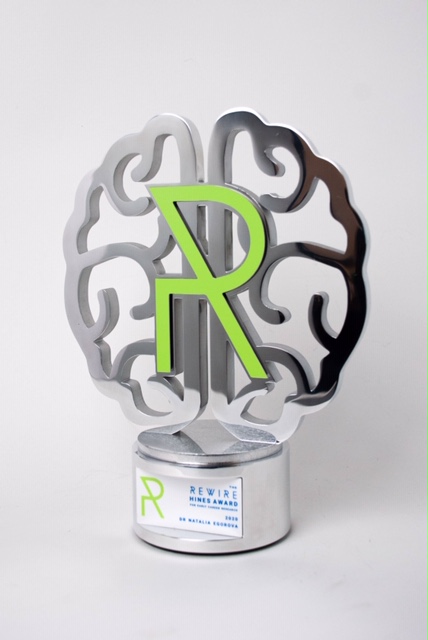

Eligibility
All Level A and above fixed term and continuing academics of the School who were awarded their PhD in the preceding 5 years, who hold at least a 0.5FTE position in the School, and whose research is in the field of clinical or cognitive neuroscience and/or clinical neuropsychology.

Request
Applicants will make a specific request for funding to support a research-related purpose that is not covered by existing staff entitlements (e.g., to support research-related travel, help organise a Conference, attend a Conference or professional development activity, purchase equipment, research assistance or publication costs).

Application format
Applicants will submit a short (two pages maximum) application that 1) documents their eligibility for the award and 2)outlines the proposed request and how the award will be spent on it; and 3) provides a short justification of the request in terms of its expected career benefit.

Selection Process
Selection of award recipients will be made by a gender-balanced committee of three senior academics chosen by the Head of School, and one Rewire representative, and will be based on the assessed merit and importance of the request and the track record of the applicant.
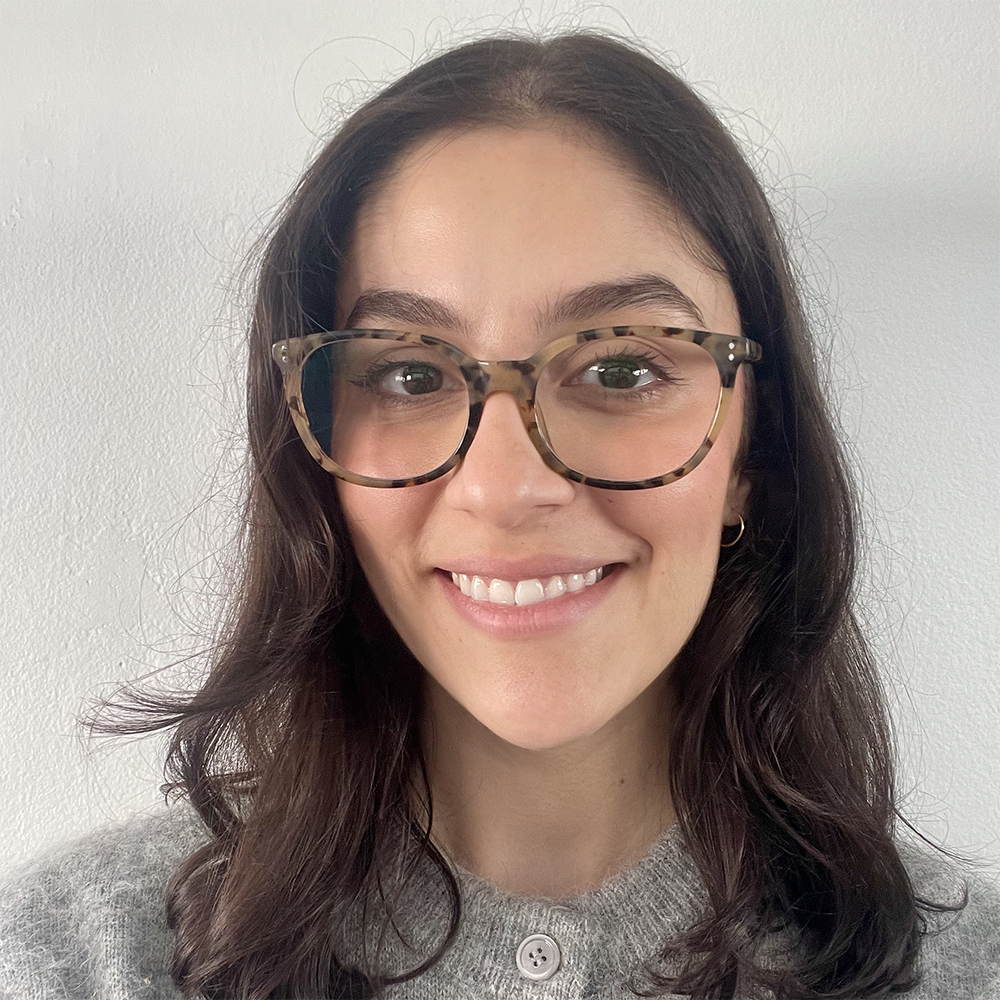
The 2025 Rewire Hines Award Winner: Dr Gezelle Dali
The winner of this years Rewire Hines Award went to Dr Gezelle Dali. Gezelle was awarded her PhD from The University of Melbourne on March 31, 2023. From January 2023 to January 2025 Gezelle was employed on a full-time contract as a Postdoctoral Researcher in Addiction Medicine at The University of Sydney. She is now currently employed on a three-year Level B fixed-term contract as an Academic Fellow in MSPS.
Dr Gezelle Dali has been researching error monitoring which is paramount to daily functioning as it enables the detection of errors and the implementation of behavioural modifications to reach a desired goal. This process is pertinent across countless domains, including the workplace, sport and treatment and intervention settings. Accordingly, studying the mechanisms underlying error monitoring has gained traction in recent decades, and has contributed immensely to our understanding of human cognition.
The importance of investigating error monitoring is further underscored by research that has implicated deficient error processing in several clinical conditions, including schizophrenia, attention-deficit hyperactivity disorder and substance use disorders. Critically, impaired error processing in these conditions is suggested to contribute to clinical symptoms such as inattention, reduced insight, and perseverative behaviour. These clinical implications provided impetus for Gezelle’s work in the field of error monitoring, with her PhD addressing the mechanistic role of error awareness in adaptive behaviour in healthy and subclinical substance use cohorts. The quality and impact of this work has been recognised, with her thesis earning the MSPS Award for Excellence in the PhD Thesis (2024). Further, Gezelle’s paper on the neural correlates of error awareness, published in Cerebral Cortex, is in the 91st percentile for citations and has an FWCI value of 2.70 and her work on the effect of chronic cannabis use on learning from errors has been disseminated in several Australian news publications such as the Canberra Times, The Northern Daily Leader and the Newcastle Herald.
The funds from the Rewire Hines Award has be used to supplement Gezelle’s fellowship funding and has enable her to purchase five Garmin Vivosmart 5 wearable sensors.
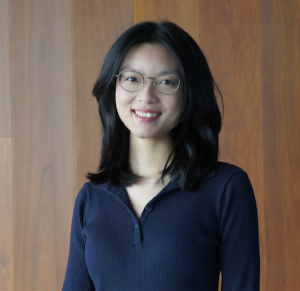
The 2024 Rewire Hines Award Winner: Dr Shuting Li
The Rewire Hines Award prize money covers the registration fee for Dr Shuting Li to attend the International Society for Autism Research (INSAR) 2024 Annual Meeting. She has been selected to give two talks in a session entitled ‘Single Gene Mutations in Autism-Related Mouse Models’ at this prestigious international conference. In her first talk, she will present her recent findings on a deficient attention function in mice carrying an autism-related genetic mutation and the involvement of the cholinergic system. In her second talk, she will demonstrate her research on the altered connections between attention networks in the mouse model of autism. Dr Li’s research adopts mouse attention tasks that she developed based on classic human psychology paradigms, which are non-invasive, standardised, replicable, and have significant translational implications. These mouse tasks provide a novel platform to study the neural mechanisms underlying autism and open avenues to explore new therapies. Presenting at the INSAR conference is an extraordinary opportunity for Dr Li to demonstrate her research and capacity in integrating human psychology research and animal neuroscience research on an international level. It is also a remarkable chance for her to gain firsthand insight into the progression within the area of autism research and to establish new collaborations.
The remaining award funds are used to offer an incentive to participants in her current project. This research focuses on the association between autistic conditions and attention performance in the general population. Offering a small incentive to participants will increase people’s motivation to participate in research, accelerate data collection, and improve the variety and generalisability of results. This will greatly assist Dr Li in producing high-quality publications and increasing her competitiveness in future grant applications.
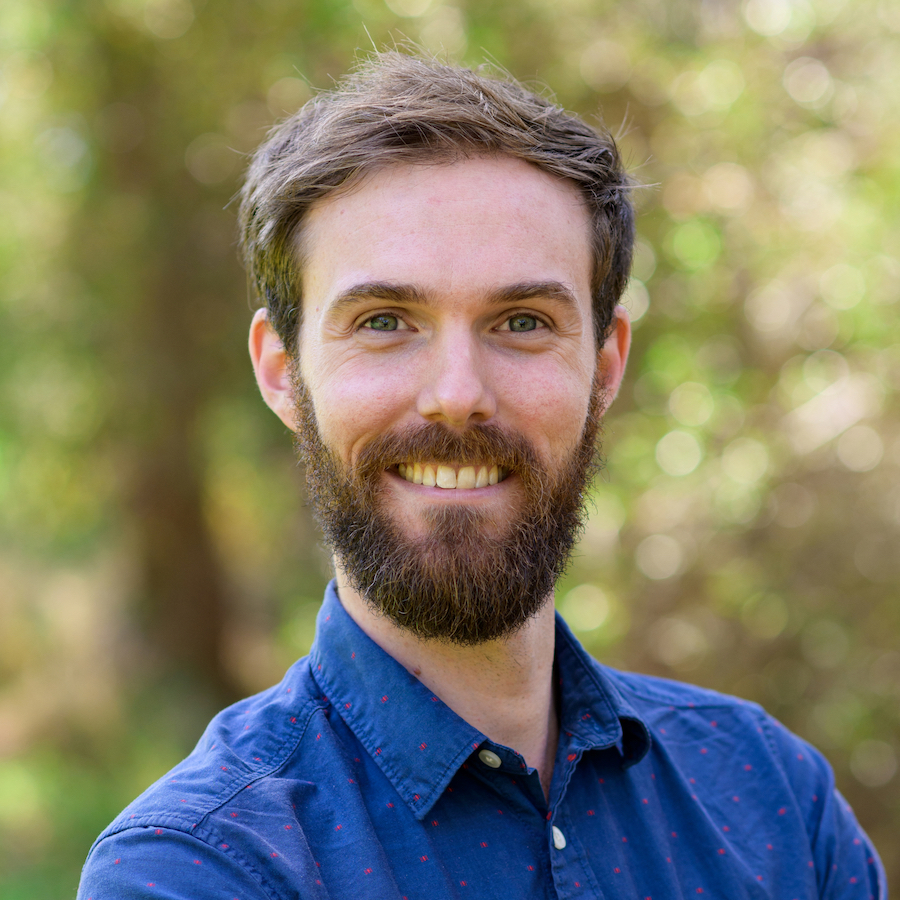
The 2023 Rewire Hines Award Winner: Dr Jacob Paul
This year’s Rewire Hines Award winner was Dr Jacob Paul. His prize money contributed to providing participants with a 3D print of their own brain to take home at the conclusion of a study looking into differences in maths learning ability. Anatomical brain regions printed in one colour and the functionally active regions printed in a range of different colours. Just as music engages the whole brain, this take-home 3D printed brain shows participants that solving maths problems recruits a widely distributed network in their own brain.
His specific motivation for illustrating maths related activity on a 3D printed brain is to provide a tangible counterexample to some pervasive neuromyths about brain function that create negative stereotypes about maths learning, such as: “not having a brain for maths”, “you only typically use 10% of your brain”, “being more left- (logical/analytical) or right- brained (artistic/creative)”, and “you only lose brain cells as you get older”. By seeing their brain activity on a 3D model, Dr Paul hopes to promote conversations with participants about neuroplasticity, which is also a key objective of ReWire.
Given Dr Paul’s interest in engaging with popular science communication surrounding state-of-the-art research related to maths learning and associated difficulties, this award enables him to share his neuroscience findings in a non-traditional and more accessible way. It also served as an opportunity for him to expand his skills in designing 3D models and custom 3D printing. At the conclusion of the study, he plans to share tutorials on how to create these 3D printed brains on his lab website and provide plain language talking points that help explain what individual differences in brain-behaviour mappings look like for different types of maths learning ability.
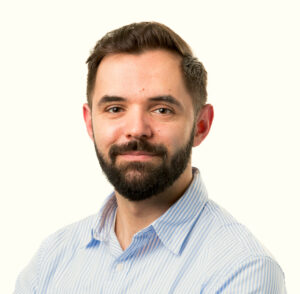
The 2022 Rewire Hines Award Winner: Dr Trevor Steward
This year’s Rewire Hines Award winner was Dr Trevor Steward. His prize money helped fund travel expenses to attend the 2022 Australia & New Zealand Academy for Eating Disorders (ANZAED) Conference in Sydney in August. Apart from being a member of the Organizing Committee of this conference, Dr Trevor Steward recently received approval to chair and coordinate a plenary session entitled “What does translational neuroscience research on eating disorders actually look like? Lessons from bench-to-bedside treatments. Being able to chair the session helped represent a tremendous opportunity for him to begin to establish the prominence of his group’s work on a national level, and to become more familiarized with the work being conducted by other eating disorder research groups in Australia and New Zealand.
The Rewire Hines Award prize money also helped Dr Trevor Steward’s student present his work on “Using ultra-high field MRI to advance neurobiological models of overeating” at the Neuroscience Special Interest Group meeting at the conference.
Given Dr Trevor Steward’s student’s clinical training, it also served as an opportunity for him to expand the translational scope of his current lines of research and to explore how research on the intersection between music and eating disorders could be incorporated into his group. One thousand dollars helped cover the cost of airfare and accommodation to the ANZAED Conference in Sydney.
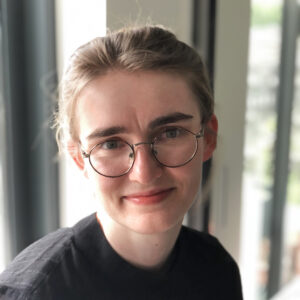
The 2021 Rewire Hines Award Winner: Dr Ella Moeck
The winner of the 2021 ‘Rewire Hines Award’ held at The University of Melbourne was Dr Ella Moeck. Ella’s prize money went towards an experience sampling method data analysis course run by leading data analyst Dr. Wolfgang Viechtbauer (Maastrict University)
The course is a 3-day intensive describing how to use mixed effects models to best analyse intensive longitudinal data. Research in the FEEL Lab centres on intensive longitudinal data. Dr Elle Moeck was conducting research using these methods to investigate the complex interactions between cognition and emotion in people’s daily lives. Attending this experience sampling method data analysis course would allow Ella to upskill quickly and in line with best practice and to produce meaningful outcomes in her Research Fellow position.
The remaining funds were used to pay a casual research assistant for 10-hours work. In addition to Ella’s 0.8FTE position at the University of Melbourne, Ella was also employed 0.2FTE at Flinders University. Together, these roles left Ella no time to work on her independent line of research looking at how cognition-emotion interactions maintain clinical disorders. The research assistant cleaned and prepared a large online dataset Ella recently collected, looking at psychopathology that might be associated with showing a memory bias toward disgust. These 10-hours of research assistance became invaluable in helping Ella publish the study and demonstrate that she was capable of independently leading research. Evidence of Ella’s ability to independently lead research was important to her planned future ARC DECRA application at the University of Melbourne. In addition to benefitting Ella, these funds also benefited the junior researcher who fulfilled the research assistant role.
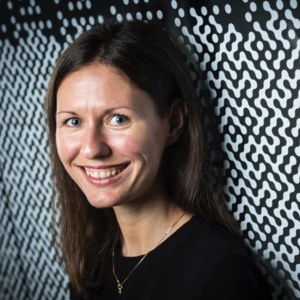
The 2020 Rewire Hines Award Winner: Dr Natalia Egorova
Project: “Experimental Pain at Melbourne School of Psychological Sciences” Journal Club.
The 2020 ‘Rewire Hines Award’ funded the creation of a Journal Club that is now used as a platform for informal brainstorming of collaborative inter-disciplinary student projects. This includes joint grant ideas between the Pain and Cognition Neuroimaging Lab directed by Dr. Natalia Egorova and academics specifically within the Melbourne School of Psychological Sciences and generally at the University of Melbourne. Each meeting aims at increasing the visibility of the Lab as a research facility featuring valuable experimental pain equipment and creating opportunities for joint research projects.
The series of meetings started in 2020 with the following sessions held:
Session 1: Pain & Sleep. Hosts: Dr. Natalia Egorova and Prof. Amy Jordan. 07/10/2020. We discussed the relationship between acute pain and sleep. We first talked about a paper on the effect of sleep fragmentation on pain sensitivity, followed by a discussion of possible novel interdisciplinary projects we can undertake at MSPS.
Session 2: Pain & Music. Hosts: Dr. Natalia Egorova, Dr. Jeanette Tamplin, Prof. Kat McFerran. 04/11/2020. We discussed the relationship between pain and music. We first presented a review paper on how music relieves pain, and then had a general discussion of music effects on experimental, acute, and chronic pain, including efficacy of music therapy.Session 3: Pain & Reward. Hosts: Dr. Natalia Egorova, A/Prof Stefan Bode. 09/12/2020. We discussed the relationship between pain and reward. We first presented a paper on how humans integrate the prospects of pain and reward during choice, and then had a general discussion of the effects of pain on reward and information seeking.
The pdf of all discussed papers can be found: https://cloudstor.aarnet.edu.au/plus/s/VlIv9yFLK9I39m3
This series of Journal Club meetings have continued in 2021, as it has shown to achieve its aims. The first 3 meetings have been very productive. Following the ‘Pain & Sleep’ session, the project now has a student working on a study investigating pain sensitivity in participants with a sleeping disorder; another PhD student has been offered a place to pursue a pain and sleep project. Resulting from the ‘Pain and Reward’ session, a Master’s student is working on an experiment to test the effect of pain on information seeking. Following the ‘Pain & Music’ session, we have planned an experiment to understand the mutual effects of pain and music on one another ( music-induced analgesia and the effect of pain on music enjoyment) and will plan to conduct it in mid 2021. Session hosts have also discussed collaborative opportunities on other projects.